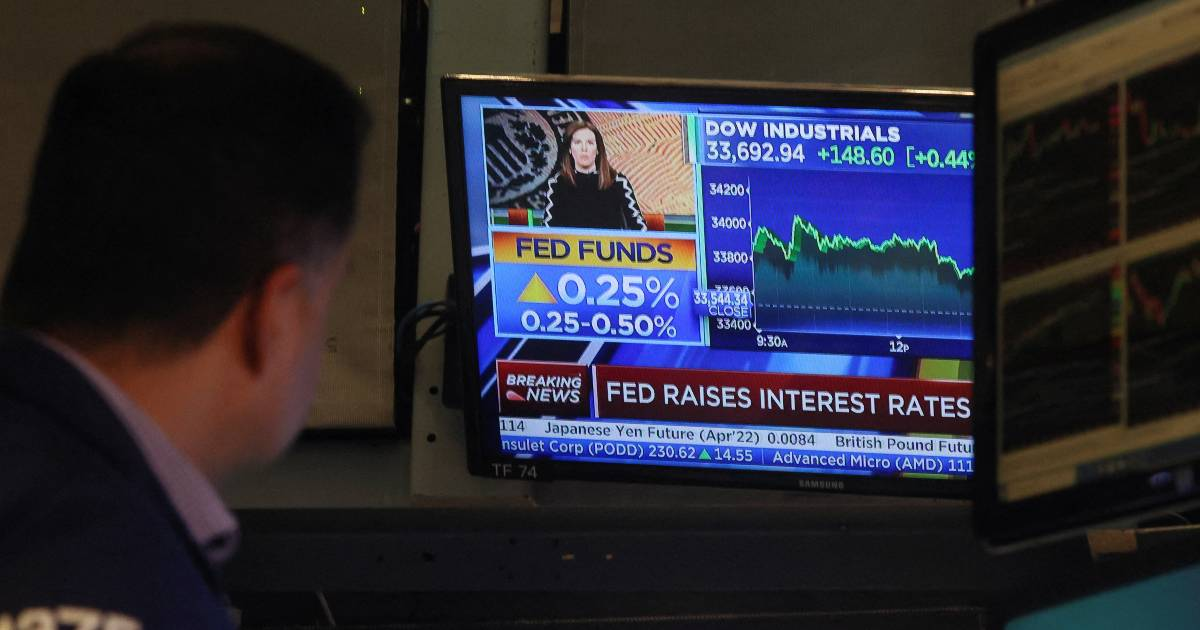South Korea's Presidential Impeachment: A Deep Dive into the Constitutional Court's Decision
Meta Description: South Korea's Constitutional Court is set to decide on President Yoon Suk-yeol's impeachment. This in-depth analysis explores the legal intricacies, political ramifications, and potential outcomes of this critical juncture in Korean politics. Keywords: Yoon Suk-yeol, Impeachment, South Korea, Constitutional Court, Politics, Legal Proceedings, Presidential Crisis
Imagine this: the nation holds its breath, the world watches with bated breath, and the fate of a presidency hangs precariously in the balance. This isn't some far-fetched Hollywood drama; this is the reality facing South Korea as its Constitutional Court prepares to deliver its verdict on the impeachment of President Yoon Suk-yeol. The decision, slated for December 16th, isn't just a legal matter; it's a seismic event with profound implications for South Korea's political landscape, its international standing, and the everyday lives of its citizens. The upcoming ruling promises to be a defining moment, potentially reshaping the nation's trajectory for years to come. Will it be a confirmation of the charges, leading to a tumultuous transition of power? Or will it be a resounding dismissal, solidifying President Yoon's tenure? The suspense is palpable, and the stakes couldn't be higher. This isn't just about legal technicalities; it's about the future of democracy in South Korea, the stability of its economy, and the confidence of its people in the integrity of its institutions. We delve deep into the complex layers of this high-stakes political drama, exploring the accusations, the legal process, the political maneuvering, and the potential consequences, offering a comprehensive and insightful analysis that goes beyond the headlines. We'll unpack the legal arguments, examine the political motivations, and consider the potential ripple effects across the globe. Get ready to unravel the intricacies of this captivating political saga. Prepare for a journey through the heart of South Korean politics, where every decision carries immense weight and every outcome holds far-reaching consequences. Let's dive in!
The Impeachment Proceedings: A Legal Labyrinth
The impeachment process against President Yoon Suk-yeol has been a whirlwind of accusations, counter-accusations, and intense political maneuvering. Understanding the legal framework surrounding this process is crucial to grasping the significance of the Constitutional Court's impending decision. The sheer complexity of the legal arguments presented by both sides warrants a detailed examination.
The initial impeachment motion, filed by [Insert details of who filed the motion and the specific charges], alleged various offenses ranging from [List specific allegations concisely]. These accusations triggered a rigorous legal process, involving investigations, hearings, and the presentation of evidence before the National Assembly. This process, while meticulously defined in the South Korean constitution, is often fraught with political tension and maneuvering.
The National Assembly's vote to impeach the President was a pivotal moment, triggering the Constitutional Court's involvement. This isn't simply a rubber-stamp process; the Court's role is to act as an independent arbiter, meticulously examining the evidence and legal arguments put forth by all parties. The Court's decision will be final and binding, leaving no room for further appeals. This inherent finality underscores the gravity of the situation and the immense responsibility resting on the shoulders of the judges. The process, while constitutionally sound, hasn't been without its critics, with some arguing that the political climate heavily influences the proceedings. This raises questions about the true independence of the judiciary, a crucial component of any functioning democracy.
Political Ramifications: A Nation on Edge
Beyond the legal intricacies, the impeachment proceedings have sent shockwaves through South Korean society and beyond. The political ramifications are far-reaching and potentially destabilizing.
The impeachment itself has already created significant political instability. Public opinion is deeply divided, with staunch supporters of the President fiercely defending his actions and detractors demanding accountability. This polarization has exacerbated existing societal fissures and created a climate of heightened political tension. The uncertainty surrounding the outcome has also affected investor confidence, impacting the South Korean economy. Businesses are hesitant to invest in an environment of political uncertainty, which could lead to economic instability. International observers are also closely monitoring the situation, worried about the potential impact on regional stability and South Korea's relationship with its allies.
The potential outcomes are equally consequential. If the impeachment is upheld, South Korea will face a period of transition, requiring a new presidential election. This would create further instability and uncertainty, potentially delaying important policy decisions and hindering the government's ability to respond effectively to various challenges. Conversely, if the impeachment is rejected, the President's position might be strengthened, but the political divisions within the country might remain, hindering effective governance and national unity. Either way, the nation braces itself for a period of significant change and adjustment.
Key Players and Their Roles
Understanding the key players involved is crucial to fully comprehending the dynamics at play. This isn't just a legal battle; it's a clash of political ideologies and ambitions.
-
President Yoon Suk-yeol: His actions and leadership are at the center of this controversy. His defense team's strategy and arguments will be instrumental in shaping the court's decision.
-
The Impeachment Committee: This group played a critical role in gathering evidence and building the case against the President. Their effectiveness in presenting a compelling case will significantly influence the outcome.
-
The Constitutional Court Justices: These justices hold the ultimate power. Their impartiality and the rigor of their legal analysis will determine the fate of the presidency. Any perception of bias could undermine public trust in the court's decision.
-
The National Assembly: Their vote to impeach set the stage for the current crisis. Their actions and the political motivations behind them deserve close scrutiny.
| Player | Role | Potential Influence on Outcome |
|----------------------|-------------------------------------------------|-------------------------------|
| President Yoon | Defendant | Significant |
| Impeachment Committee | Prosecutors | Significant |
| Constitutional Court | Final Arbiter | Decisive |
| National Assembly | Initiator of Impeachment Proceedings | Instrumental |
The Constitutional Court's Decision: A Turning Point
The Constitutional Court’s decision will be more than just a legal ruling; it will be a watershed moment, shaping the political landscape for years to come. The court's mandate extends beyond legal technicalities; it has a profound responsibility to uphold the rule of law and maintain public trust in the institution. The decision will be closely scrutinized not only within South Korea but also internationally, impacting the country's reputation and its relationships with other nations.
The court's decision will significantly influence the trajectory of South Korean politics. Regardless of the outcome, the political divisions within the country will likely persist, requiring skillful leadership to bridge the chasm and foster national unity. The process has already exposed underlying vulnerabilities in the system, highlighting the need for reforms to enhance transparency, accountability, and the independence of institutions.
Frequently Asked Questions (FAQ)
Q1: What are the potential consequences of an upheld impeachment?
A1: An upheld impeachment would lead to President Yoon's removal from office and trigger a snap presidential election. This would likely cause short-term political instability and economic uncertainty.
Q2: What happens if the impeachment is rejected?
A2: Rejection of the impeachment would likely strengthen President Yoon's position, but it might also deepen political divisions and hinder effective governance.
Q3: How independent is the Constitutional Court?
A3: While legally independent, the court's decisions are subject to political scrutiny and interpretation. Concerns about potential bias remain.
Q4: What role does public opinion play in this process?
A4: Public opinion, while not directly affecting the court's decision, exerts significant indirect pressure and shapes the political narrative surrounding the impeachment.
Q5: What international implications might this case have?
A5: The outcome of the impeachment could affect South Korea's relations with its allies and its standing in the international community, particularly regarding democratic norms and governance.
Q6: What reforms might be necessary following this process?
A6: Regardless of the outcome, the impeachment process has highlighted the need for reforms to enhance transparency and accountability within South Korean political institutions.
Conclusion
The impeachment of President Yoon Suk-yeol stands as a critical moment in South Korean history. The Constitutional Court's decision, while seemingly a legal matter, will reverberate throughout the nation and beyond, influencing its political stability, economic trajectory, and international standing. The coming days will be pivotal, shaping not only the immediate future but also the long-term course of South Korean politics. The world watches with bated breath, waiting to see how this complex drama unfolds and what its lasting legacy will be. This is more than a political battle; it's a test of South Korea's democratic institutions and its ability to navigate turbulent times.



